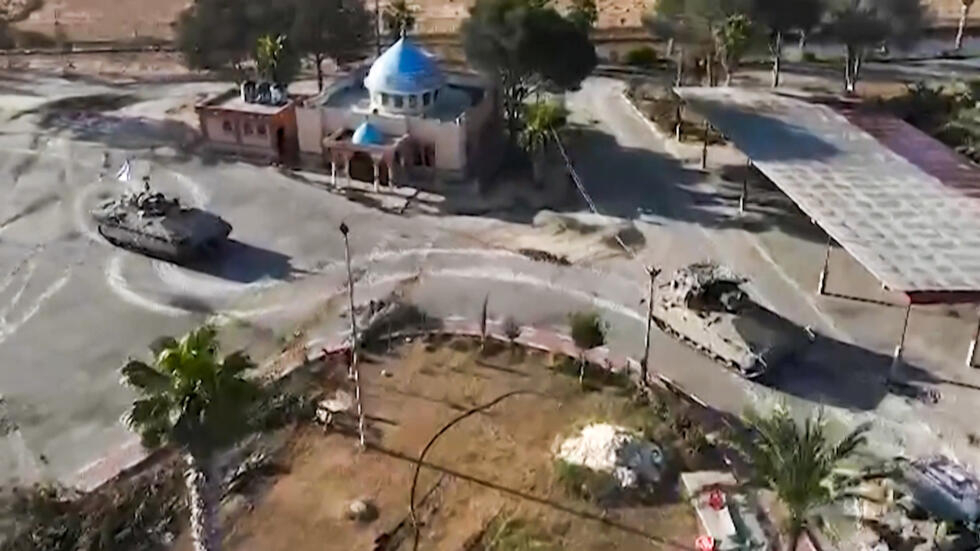Israeli Military have taken control of the Rafah crossing situated at the border between Gaza and Egypt. The maneuver occurred following a series of airstrikes conducted overnight, targeting civilian residences.
This incursion transpired despite Hamas’ purported acceptance of a ceasefire proposal brokered by mediators from Qatar and Egypt. However, Israeli Prime Minister Benjamin Netanyahu’s administration deemed the proposal inadequate, indicating a willingness to engage in further discussions while simultaneously authorizing military action in Rafah.
Warnings issued by UN agencies and humanitarian organizations highlight the potential catastrophic repercussions of an Israeli military offensive in Rafah, especially after the evacuation orders affecting tens of thousands of Palestinians prior to the airstrikes.
The death toll resulting from Israeli attacks on Gaza since October 7 has reached alarming numbers, with thousands killed and wounded. Meanwhile, Hamas’ actions have led to casualties in Israel as well, underscoring the volatile nature of the conflict.
Despite Hamas’ initial acceptance of the ceasefire proposal, Israeli military operations in Rafah persist, with targeted strikes carried out in response to perceived threats from the militant group. The decision to escalate military action has drawn criticism, notably from Jordan’s Foreign Minister, who accused Netanyahu of endangering ceasefire efforts through continued bombings.
In the midst of diplomatic maneuvers, the United States expresses optimism regarding the prospect of a ceasefire agreement, emphasizing the importance of dialogue and negotiation.
The conflict between Israel and Hamas dates back to October 7 when Hamas militants initiated attacks on Israel, resulting in significant casualties and abductions. Despite ongoing efforts to negotiate a truce, the situation remains precarious, with casualties mounting on both sides and the specter of further violence looming large.


